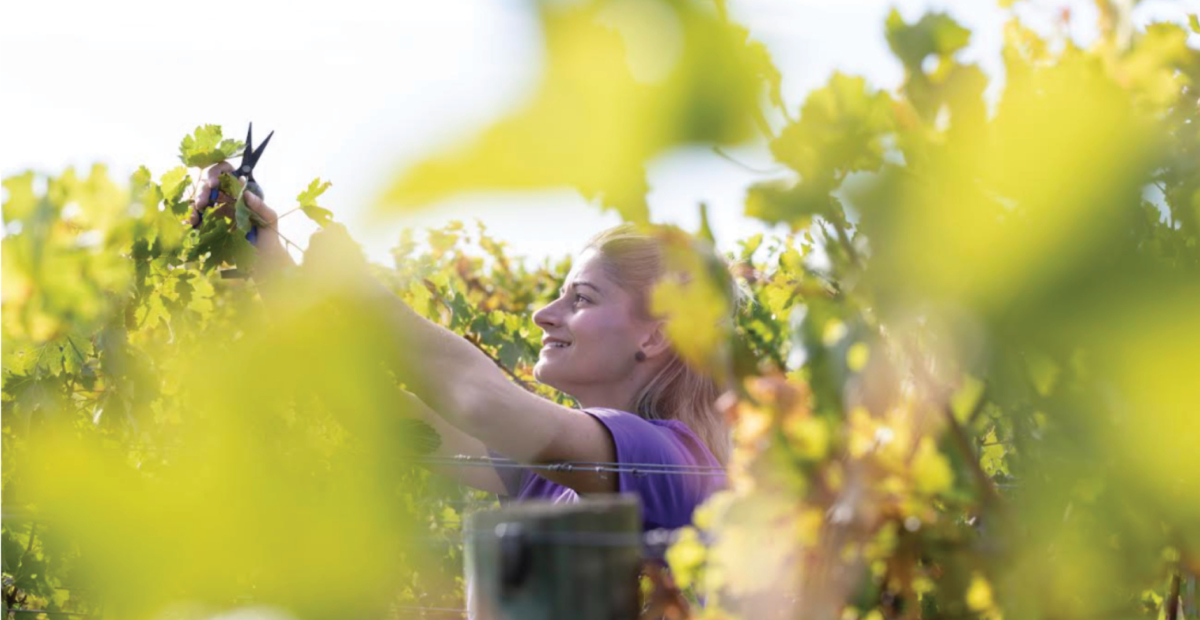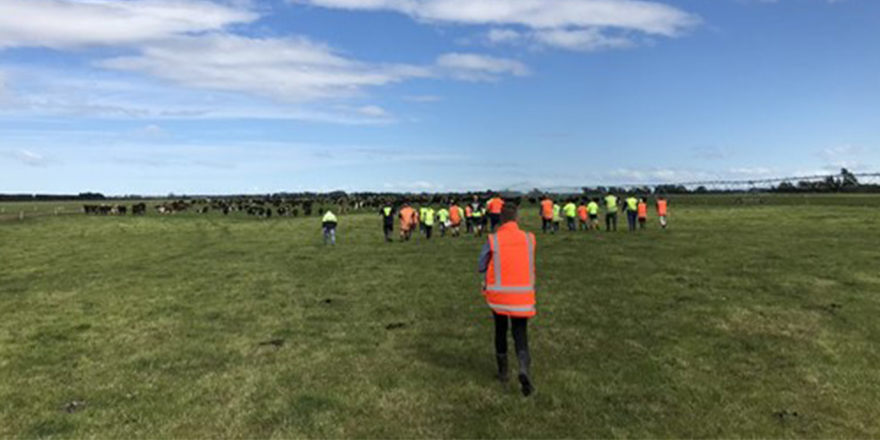
Executive summary
New Zealand is a nation heavily reliant on its primary industries. Many horticulture organisations within the primary industries operate seasonally, relying on a changing workforce each year. This presents unique challenges which the horticulture industry has struggled to overcome and as a result, there is room to improve seasonal staff retention and productivity.
This report was written to investigate how rostering technology can improve the wellbeing, and therefore the retention and productivity, of New Zealand’s seasonal workforce and to establish what this technology would look like. Through a comprehensive literature review, initial assumptions were validated:
- There is a problem with retaining good seasonal workers in the horticultural industry
- Current seasonal work practices in the horticulture industry contribute to negative staff wellbeing.
- Improving seasonal worker wellbeing will improve retention and productivity for organisations.
A series of nine semi-structured interviews were conducted with key seasonal employers to understand what factors employers considered important for staff wellbeing and how organisations are currently contributing positively to staff wellbeing. Thematic analysis of these interviews demonstrated several tangible pathways to improve seasonal staff wellbeing.
These pathways are focused on:
- Reducing fatigue within the staff pool
- Giving staff clearer expectations on working hours
- Considering staff’s physical environment
A competitor feature analysis of existing rostering software revealed that few had any features which utilised these tangible pathways to improve wellbeing, and so a conceptual software solution was developed. The proposed software would assign each employee a ‘ready to work’ score which accounts for several wellbeing factors and this is used to generate optimal rosters.
Based on the conclusions of this report, the recommended next steps are:
- Seasonal employers in the horticulture space including post-harvest and orchard management companies should improve the wellbeing of their seasonal staff because it improves financial and ethical outcomes.
- A business plan should be created to commercialise the proposed software solution – the right organisation or individual to do this will be technology-forward, business smart, and have a strong understanding of the horticultural industry.
- The aforementioned employers should adopt wellbeing-focused automated rostering software such as the one described here.
Businesses that improve their staff’s wellbeing see financial and ethical benefits, and this report provides the industry with a pathway to achieve this.
Laura Black




